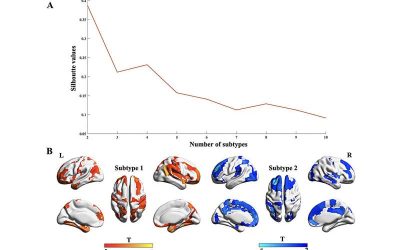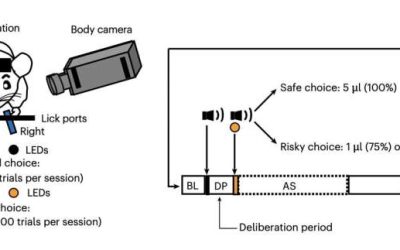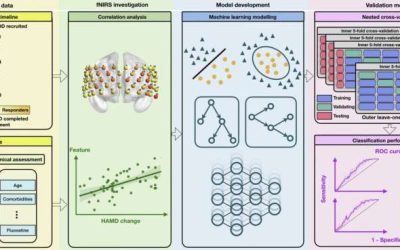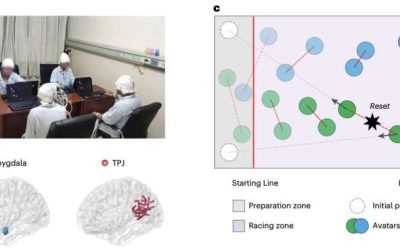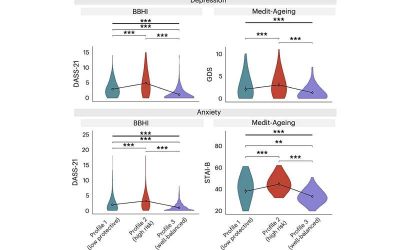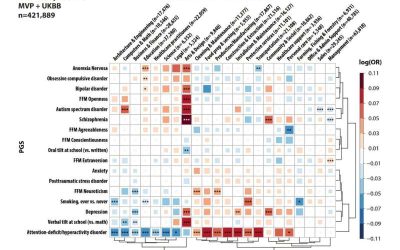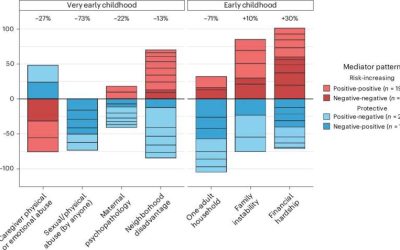Obsessive compulsive disorder (OCD) is a mental health disorder associated with persistent, intrusive thoughts (i.e., obsessions), accompanied by repetitive behaviors (i.e., compulsions) aimed at reducing the anxiety arising from obsessions. Past studies have showed...
Psychology & Psychiatry
Blood vessel growth factor alleviates anxious behaviors in mouse study
Anxiety disorders, characterized by an excessive apprehension about real or perceived threats and dysfunctional behaviors aimed at avoiding these threats, are among the most common mental health conditions. Estimates suggest that around 4% of the world's population,...
Risk preference is governed by different hypothalamus–habenula circuits, study finds
To survive in complex and unpredictable environments, humans and other animals need to learn to predict the consequences of their actions, so that they can reduce risks and maximize their gains. In humans, this risk evaluation process is known to be highly...
Using machine learning to predict how people diagnosed with major depressive disorder respond to treatment
Major depressive disorder (MDD) is a debilitating mental health condition characterized by persistent low mood, loss of interest in everyday activities, appetite changes, sleep disturbances and, in extreme cases, suicidal thoughts. Millions of individuals worldwide...
Meditation, art and nature: Neuroimaging reveals distinct patterns of brain activation
Past research suggests that meditation and exposure to art or nature can positively impact people's well-being and brain health, in some cases even reducing stress and supporting the processing of emotions. Yet most past studies focused on each of these experiences...
Study gathers new insight into the neural underpinnings of human cooperation
Collaboration and cooperation are key elements of human social interactions, which can contribute to the efficient achievement of shared goals. While many psychology and neuroscience studies have investigated cooperative behaviors among humans, the complex interplay...
Study uncovers psychological profiles associated with mental and brain health in middle-aged and older adults
As humans age, their brain function can progressively decline and they become more vulnerable to developing neurodegenerative diseases, such as dementia. Dementia and other progressive neurological conditions can significantly impair their memory, thinking skills and...
Study explores link between people’s professions and their genetic predisposition to neuropsychiatric traits
Polygenic scores (PGS) are metrics used to estimate the genetic predisposition of people to developing specific mental health conditions, personality traits or diseases. In recent years, these metrics have often been used to investigate the intricate connections...
DNA methylation mediates the link between childhood adversity and depression, study suggests
Past psychology research suggests that there is a strong relationship between difficult experiences during childhood and the development of depressive symptoms. In fact, statistics suggest that adverse experiences during childhood can double the risk of being...
Dopamine acts on motivation and reinforcement learning via distinct cellular processes, study suggests
Dopamine is a key neurotransmitter known to modulate motivation and reinforcement learning. While the role of dopamine in these reward-related processes is well-established, the cellular and neural circuit-level mechanisms underpinning its involvement in these...

